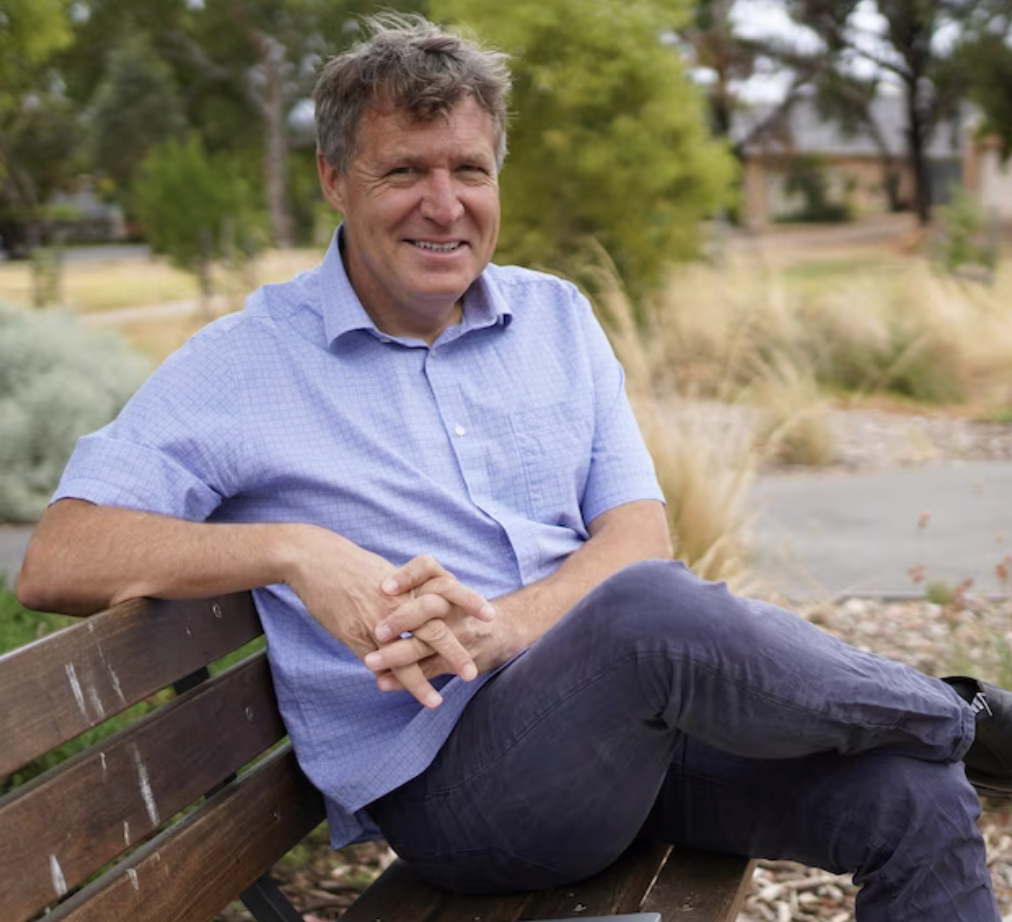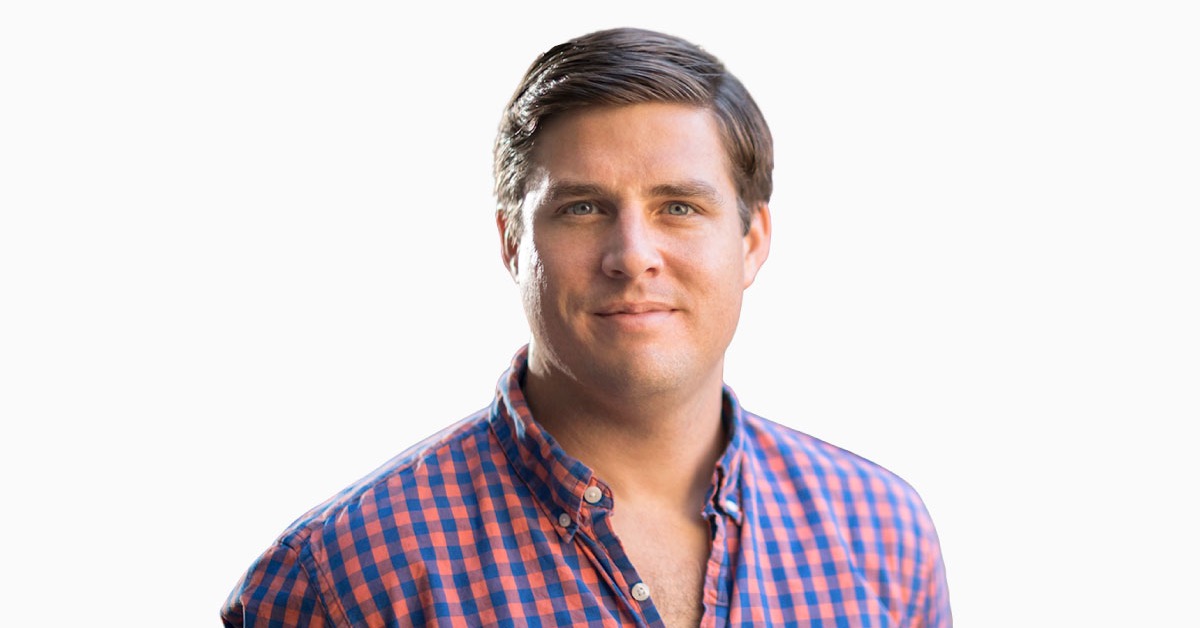Keynote Speakers

George Siemens
Professor and Director of the Centre for Change and Complexity in Learning at the University of South Australia, Professor of Practice, Psychology, University of Texas Arlington
George Siemens researches how human and artificial cognition intersect in knowledge processes. He is Professor and Director of the Center for Change and Complexity in Learning (C3L) at University of South Australia and is a Professor of Practice in Psychology at University of Texas Arlington administering the Masters of Science in Learning Analytics. He has delivered keynote addresses in more than 40 countries on the influence of technology and media on education organizations and society. His work has been profiled in provincial national and international newspapers (including NY Times) radio and television. He has served as PI or Co-PI on grants funded by NSF SSHRC (Canada) OLT (Australia) Intel Boeing Bill & Melinda Gates Foundation and the Soros Foundation. He has received numerous awards including honorary doctorates from Universidad de San Martín de Porres and Fraser Valley University for his pioneering work in learning technology and networks. He holds an honorary professorship with University of Edinburgh.
Dr. Siemens is a founding President of the Society for Learning Analytics Research (http://www.solaresearch.org/). He has advised government agencies Australia European Union Canada and United States as well as numerous international universities on digital learning and utilizing learning analytics for assessing and evaluating productivity gains in the education sector and improving learner results. In 2008 he pioneered massive open online courses (sometimes referred to as MOOCs). His current projects Global Research Alliance for AI in Learning and Education (GRAILE – www.graile.ai) and SenseAI focus on analyzing how AI is deployed in learning and knowledge settings and the leadership capabilities needed to enable and support this work.
Dr. Siemens is a founding President of the Society for Learning Analytics Research (http://www.solaresearch.org/). He has advised government agencies Australia European Union Canada and United States as well as numerous international universities on digital learning and utilizing learning analytics for assessing and evaluating productivity gains in the education sector and improving learner results. In 2008 he pioneered massive open online courses (sometimes referred to as MOOCs). His current projects Global Research Alliance for AI in Learning and Education (GRAILE – www.graile.ai) and SenseAI focus on analyzing how AI is deployed in learning and knowledge settings and the leadership capabilities needed to enable and support this work.
Plenary Address for TTLC 2023
Artificial Intelligence is growing at an exponential rate, and its potential applications are endless. It is capable of writing, creating images and music, programming, and generating scientific discoveries at a rate (and often quality) that vastly exceeds human capability. If human intelligence were a geographic location, increasing sectors of it would be overtaken by AI. The domain of human intellectual superiority is diminishing.This rapid development comes against a backdrop of tremendous uncertainty facing humanity including climate change, inequity, and global conflict. Rarely has humanity felt closer to the edge of unimaginable intelligence and existential risk. The roles of modern universities is to advance discovery, transform lives and societies, improve the human condition, and enable access to a fairer and more equitable future. This talk will challenge the notion of individual intelligence and instead argue that humanity's key area of exceptionalism is the capacity to think in and be intelligent through systems and connections. With a systems and networks focus, the implications of AI on teaching and learning are less angst ridden than the current humans and AI as competitors. This reframing opens opportunities for AI to be seen as an agent that advances needed systems change to emphasize authentic, engaged, connected, and meaningful learning where AI serves as a lifelong co-pilot.
David S. Yeager
Associate Professor, The University of Texas at Austin, Department of Psychology
David Yeager is an experimental development psychologist in the department of psychology at the University of Texas at Austin. In his academic research, he examines the causes of and solutions to adolescent health problems, such as bullying, depression, academic achievement, cheating, trust, or healthy eating. He often focuses on adolescent transitions—the transition to middle school, the transition to high school, or the transition to college—as a place where there is great opportunity (and risk) for young people’s trajectories. Formerly, Yeager was a middle school English teacher and a K-8 PE coach for a school in Tulsa, Oklahoma, where he also ran the after-school book club and coached basketball.
Yeager was the subject of a major New York Times Magazine article (“Who Gets to Graduate?”) by education speaker Paul Tough, in which he was named “one of the world’s leading experts on the psychology of education.” He has co-authored work on grit and grit-testing with Angela Duckworth, and on growth mindset with Carol Dweck. Over the past 10 years, he has been one of the top 0.1% most-cited psychologists in the world. He chaired and co-hosted a national summit on mindset interventions at the White House Office for Science and Technology Policy, which led to the launch and co-chairing of the “Mindset Scholars Network,” an interdisciplinary research network housed at the Center for Advanced Study in the Behavioral Sciences (CASBS), where he was a fellow. His work has appeared in The New York Times, The Atlantic, Scientific American, The Wall Street Journal, The Guardian, and more.
Yeager holds a PhD and MA from Stanford University, and a BA and MEd from the University of Notre Dame. He is a William T. Grant Foundation scholar, a Faculty Research Associate at the UT Population Research Center, and was formerly a Fellow at the Carnegie Foundation for the Advancement of Teaching . His research has earned awards from the Spencer Foundation, the Society for the Psychological Study of Social Issues, the Society for Research on Child Development, the American Educational Research Association, the APA Science Directorate, and the International Society for Research on Aggression. He is a member of the Human Capital and Economic Opportunity Global Working Group and the New Paths to Purpose network at the University of Chicago.
Yeager was the subject of a major New York Times Magazine article (“Who Gets to Graduate?”) by education speaker Paul Tough, in which he was named “one of the world’s leading experts on the psychology of education.” He has co-authored work on grit and grit-testing with Angela Duckworth, and on growth mindset with Carol Dweck. Over the past 10 years, he has been one of the top 0.1% most-cited psychologists in the world. He chaired and co-hosted a national summit on mindset interventions at the White House Office for Science and Technology Policy, which led to the launch and co-chairing of the “Mindset Scholars Network,” an interdisciplinary research network housed at the Center for Advanced Study in the Behavioral Sciences (CASBS), where he was a fellow. His work has appeared in The New York Times, The Atlantic, Scientific American, The Wall Street Journal, The Guardian, and more.
Yeager holds a PhD and MA from Stanford University, and a BA and MEd from the University of Notre Dame. He is a William T. Grant Foundation scholar, a Faculty Research Associate at the UT Population Research Center, and was formerly a Fellow at the Carnegie Foundation for the Advancement of Teaching . His research has earned awards from the Spencer Foundation, the Society for the Psychological Study of Social Issues, the Society for Research on Child Development, the American Educational Research Association, the APA Science Directorate, and the International Society for Research on Aggression. He is a member of the Human Capital and Economic Opportunity Global Working Group and the New Paths to Purpose network at the University of Chicago.
Plenary Address for TTLC 2023
Today, it’s more important than ever to be a “learner”—that is, to be able to teach yourself new skills, using your connections to experts or resources you find online. But most people have grown up in an educational system that valued “knowers”—people who have memorized facts or skills. How can you create an environment that fosters the grit needed to be a learner? How can you shake people out of the old model of education, so that they can adapt their skills and knowledge to the quickly-changing economy?In this keynote, David Yeager outlines key insights from the new science of motivation and learning. He answers questions like: why do some people choose the easy route, rather than teach themselves the hard things? Why do some people wither in the face of critical feedback, while others take the feedback and get better? Why do some people only learn something if it’s fun, but other people learn it even if it’s tedious? He also focuses on how leaders create environments that support people’s motivation to learn, and outlines practical guidance coming from the field of behavioral science.
Why do so many qualified college students in America fail to achieve their professional goals? In this talk, David Yeager goes beyond typical “student success” programs, and instead takes a social-psychological perspective, asking: what does it look and feel like to worry about whether you belong and have what it takes? He shows how beliefs about their belonging and potential can increase their college persistence and reduce institutional achievement gaps. And he outlines the moments of “psychological friction” students encounter—from navigating bureaucratic hassles, to critical feedback in first-year classes, to trouble making friends—and explains practical methods for improving them. Ultimately, Yeager leaves audiences with a framework and an initial set of starting ideas for engaging in continuous improvement of the psychological environment that supports student persistence.
